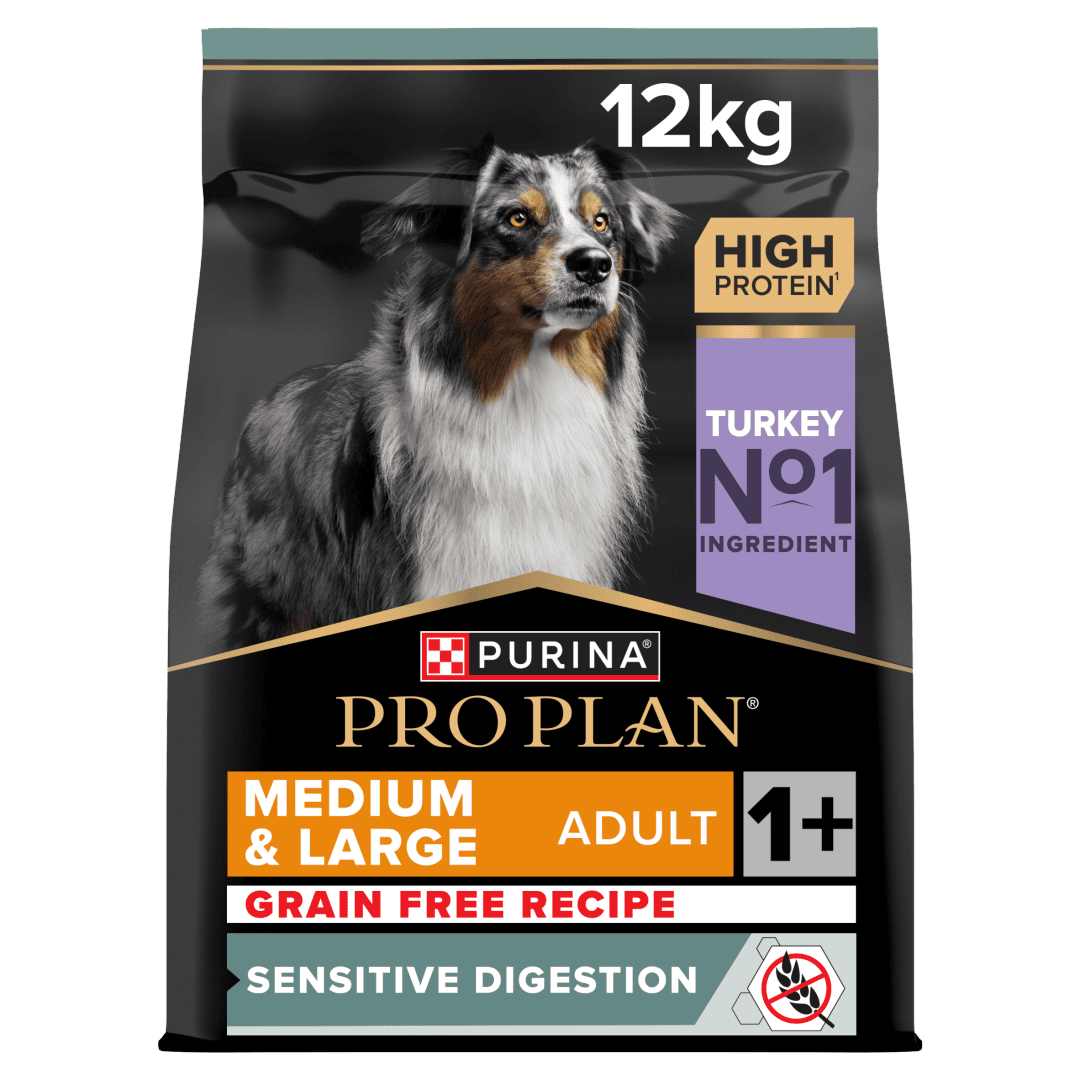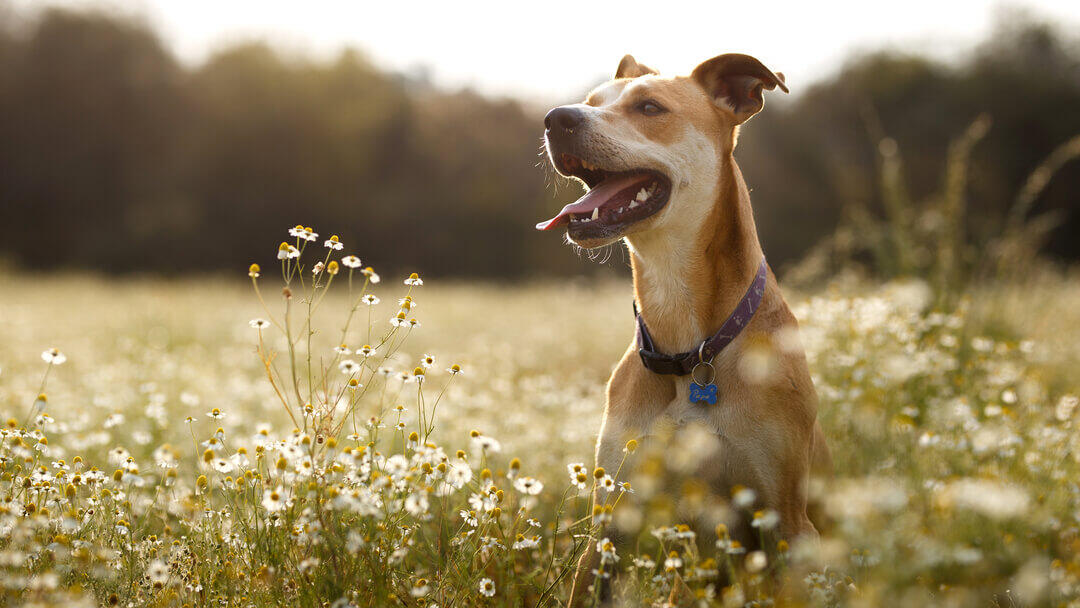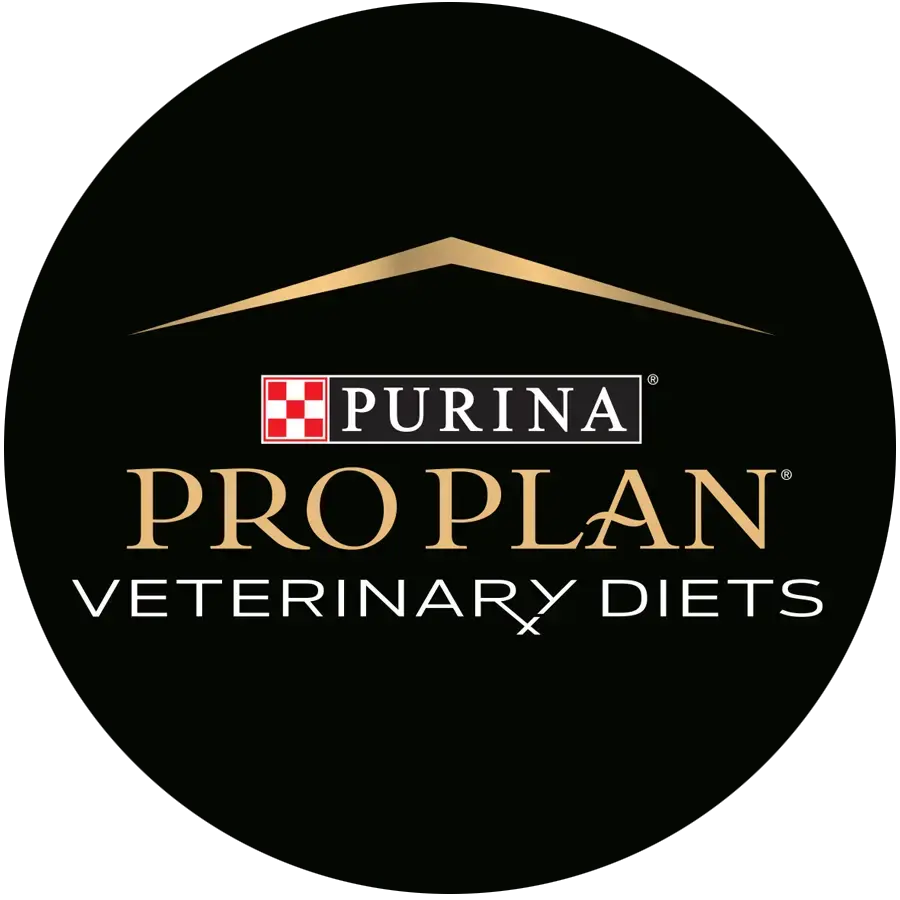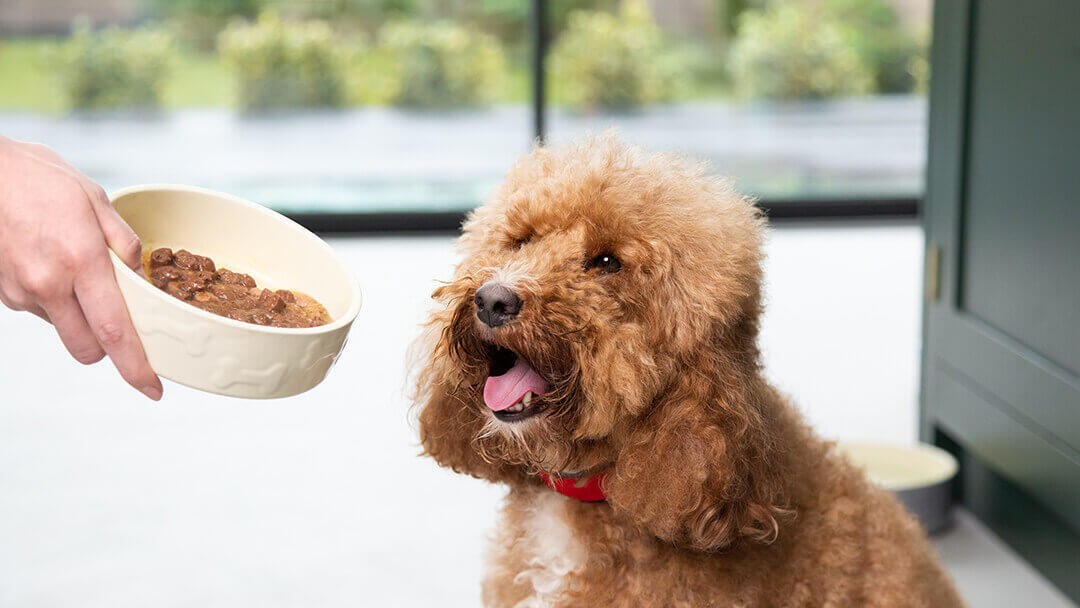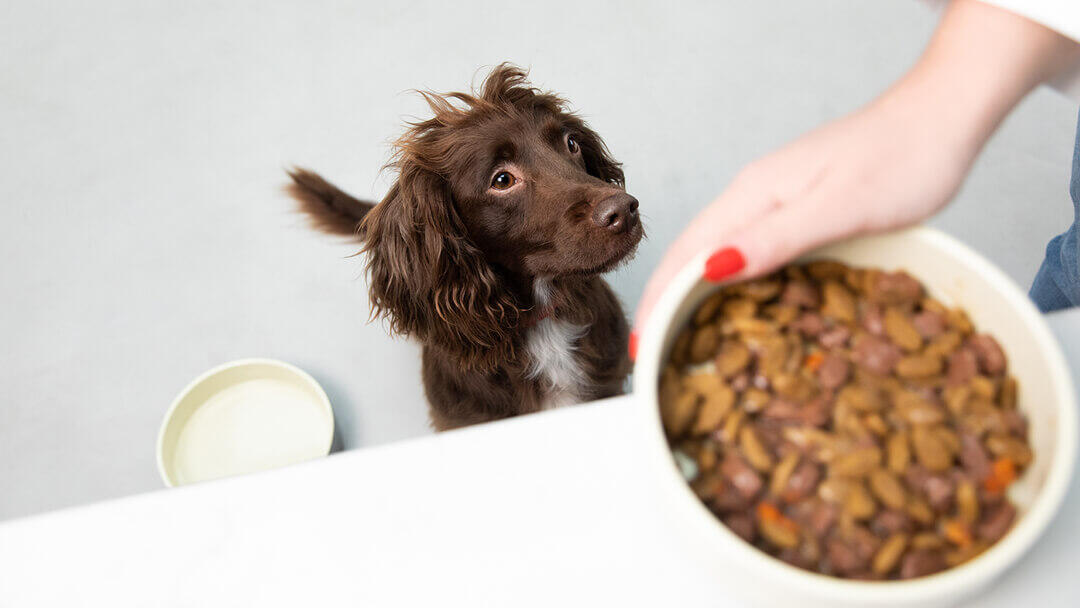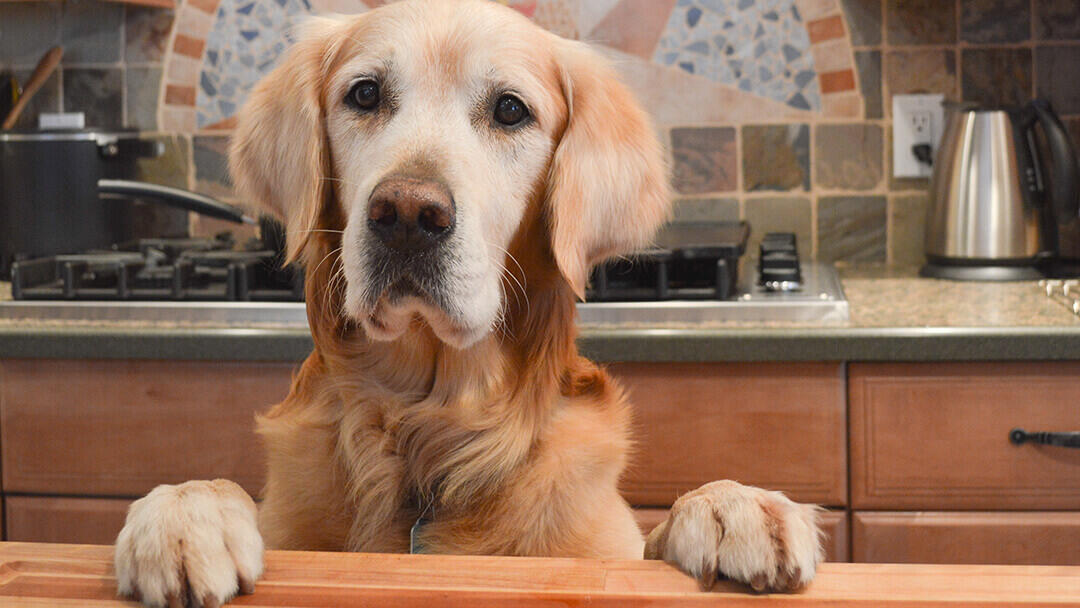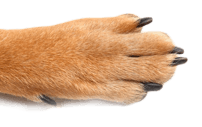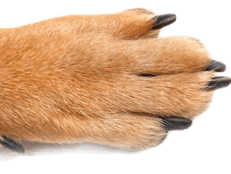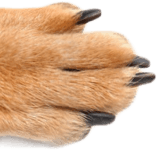Grain-Free Dog Food: The Pros and Cons Simply Explained
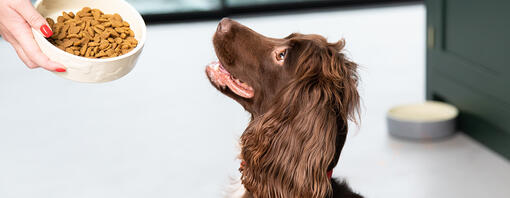
Grain or no grain? When it comes to our canine friends the answer is usually ‘it depends’.
In the human world, we may have to give up grains and their nutritious content when an allergy or intolerance forces us to change our food choices. This has made many owners reconsider the role of grains in their pet’s diet as well and wonder whether grain-free dog food is a better choice.
Our lovely companions depend on us, their human owners, to make the right food choices on their behalf. Offering them grains or opting for no-grain dog food instead can be a pretty big decision for an owner. As always, your vet will help you choose the food that is most suitable for your pet’s particular needs so make sure to ask them for advice before making any big changes to your dog’s diet. Meanwhile, here are a few things to keep in mind about grain-free dog or puppy food and the role of grains in a dog’s diet.
Can dogs eat grains?
Yes, in most cases dogs are perfectly equipped to eat and digest grains. These cereals are a rich source of vitamins and carbohydrates, which are important nutrients our pets need to be healthy and full of energy. In rare cases, dogs can become allergic to grains which is one of the reasons why grain-free dog food exists. If you think your dog may have an allergy, ask your vet for help with a diagnosis.
What is grain-free dog food?
Grain-free dog food is made using recipes that exclude grains. So, wheat, barley, oats, corn or rice are completely removed and replaced with other ingredients that ensure the meal doesn’t lose any of the taste and texture canines love, while still offering them plenty of nutrients. Good grain-free dog food should still provide the right amount of carbohydrates the pet needs.
Here at Purina, our range of grain-free dog food is created using a complete and balanced formula in which we've replaced grains with cassava (a highly digestible and high-quality root that provides energy) and other key ingredients, so dogs on special diets don’t have to miss out on key nutrients and energy that will help them thrive.
Is grain-free food the same as gluten-free dog food?
No, grain-free and gluten-free should not be confused. Gluten-free dog food has no grains containing gluten, which is a protein found in cereals such as wheat, rye or barley. However, other grains can still be part of the recipe. Corn or rice, for example, are gluten-free grains which might be found in gluten-free meals.
What are the benefits of grain-free dog food?
Grains are an important source of nutrients, especially carbohydrates, which our best friends can use for energy. So, why would an owner choose to remove them completely from their pet’s diet? Here are a few reasons why grain-free dog food exists:
- Grain-free diets may help some dogs with sensitive digestion.
Although most dogs can digest grains without any problems, there are a few pooches that might struggle. If your dog is prone to digestive problems such as constipation, talk to your vet about grain-free dog food and whether this is a good idea for your pet. - Grain-free meals may alleviate the symptoms in dogs suffering from grain allergies.
Pets can suffer from food allergies. Although it’s relatively rare for dogs to become intolerant or allergic to grains, when this does happen it can be a difficult time for both pets and owners. If this happens, putting your dog on a grain-free diet might be the first thing your vet recommends. You can find out more about food allergies in dogs in our article.
What are the disadvantages of grain-free dog food?
Removing a key category of nutrients from your pet’s diet may be detrimental to their health if the ingredients used to replace it are not chosen correctly, so if you are considering grain-free food, always make sure the diet you select is high in quality. Feeding your dog special diets requires careful planning, and choosing good quality dog food is key to making sure your pet continues to thrive. Grain-free dog food is often more expensive than regular food, so this is another factor to keep in mind when trying to decide what’s best for your pet.
Can puppies eat grain-free food?
Yes, provided it’s high quality. Good grain-free puppy food is specially formulated using the right balance of nutrients your pup needs to grow up healthy and happy. Puppies allergic to grains can still enjoy delicious meals thanks to high-quality grain-free puppy foods, in which grains are replaced with other key nutrients and there’s no compromise on flavour or texture.
Regular dog food vs grain-free dog food
Not all dogs are the same, so while some of them thrive on a grain-free dog diet, others need their fair share of grains in their meals to keep their tail wagging. The choice between regular dog food and grain-free dog food depends on many factors. Health condition, weight, levels of physical activity, allergies and even age can all affect the best diet choice for your dog. This is why, for owners wondering ‘should I choose grains or no grains’, the answer is often more complicated than it seems. But getting advice from the vet and paying attention to the dog’s needs and reactions when it comes to food will help owners make the best decision for their pet.
Another conundrum for dog lovers is whether to choose wet or dry food. Find out about the main differences between the two and whether one is better than the other in our article on wet versus dry dog food.



